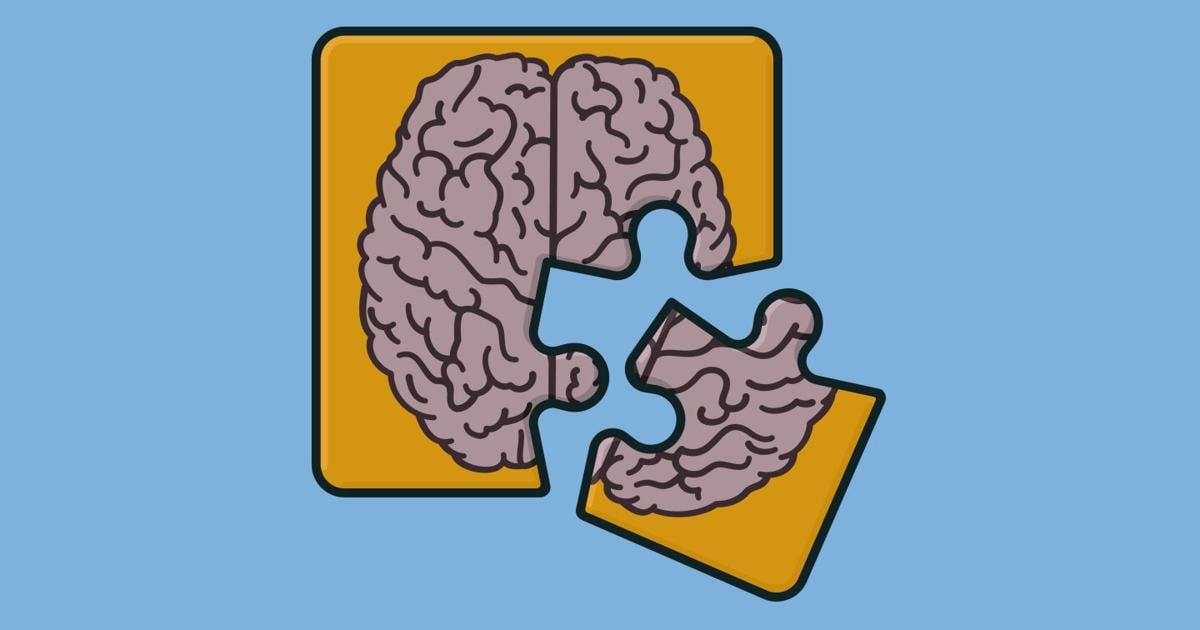Are veterans more prone to Alzheimer’s disease?
According to the U.S. Department of Veterans Affairs, veterans are more likely to develop Alzheimer’s disease and other dementias than the general public, and the number of veterans with Alzheimer’s is expected to grow.
For instance, in 2021, an estimated 457,391 veterans had Alzheimer’s disease, and that number is projected to increase by 8.4% to more than 488,000 by 2033.
Age is the biggest risk factor for Alzheimer’s disease as a whole, and veterans are more likely to have health conditions that further increase that risk, including high cholesterol, traumatic brain injury, post-traumatic stress disorder and depression. Additionally, homelessness contributes to that risk as homeless veterans are more likely to have an Alzheimer’s diagnosis than those who are stably housed.
The care for veterans with Alzheimer’s disease or other dementias is provided throughout the full range of VA healthcare services. Services include home-based primary care, home health aides, respite care including Adult Day Health Care, outpatient and in-patient hospital care services, nursing home, palliative and hospice care and caregiver support resources. And, the VA can also assist in managing medications (under the supervision of a medical specialist), promoting social activities and establishing routines and promoting positive feelings.
Researchers at the University of Wisconsin-Madison, School of Medicine and Public Health, describe six pillars of a brain healthy lifestyle that could stave off Alzheimer’s disease or other dementia for veterans as well as for the general public. Among these pillars are staying physically active, maintaining good nutrition, prioritizing sleep, keeping socially connected, managing stress and keeping intellectually stimulated.
Additionally, veterans need to understand their rights and connect to agencies that provide legal and/or financial assistance. The following websites can assist in planning:
- StatesideLegal.org: a self-help tool to find legal help specific to the needs of a veteran;
- VetLex.org: a connection to “pro bono or low-bono” lawyers nationwide;
- LawHelp.org: referrals for nonprofit legal aid organizations across the U.S.;
- FreeLegalAnswers.org: free virtual legal advice from licensed attorneys if qualified;
- NAELA.org: locations of attorneys in your area or resources from the National Academy of Elder Law Attorneys;
- VeteranAid.org: eligibility and application info for a veteran pension.
The Veterans Health Library Resources (online) have numerous informative and educational articles to help caregivers and affected veterans manage through the disease. Such resources include Understanding Dementia, Coping with your Dementia Diagnosis, and Caring for Dementia: What to Expect. Links to these articles and more can be found at https://www.va.gov/geriatrics/pages/Alzheimers_and_Dementia_Care.asp.
The VA’s National Caregiver Support Line can be reached at 1 (855) 260-3274. Or, locally, contact the Louisiana Department of Veterans Affairs at (225) 342-5248 or visit vetaffairs.la.gov.


